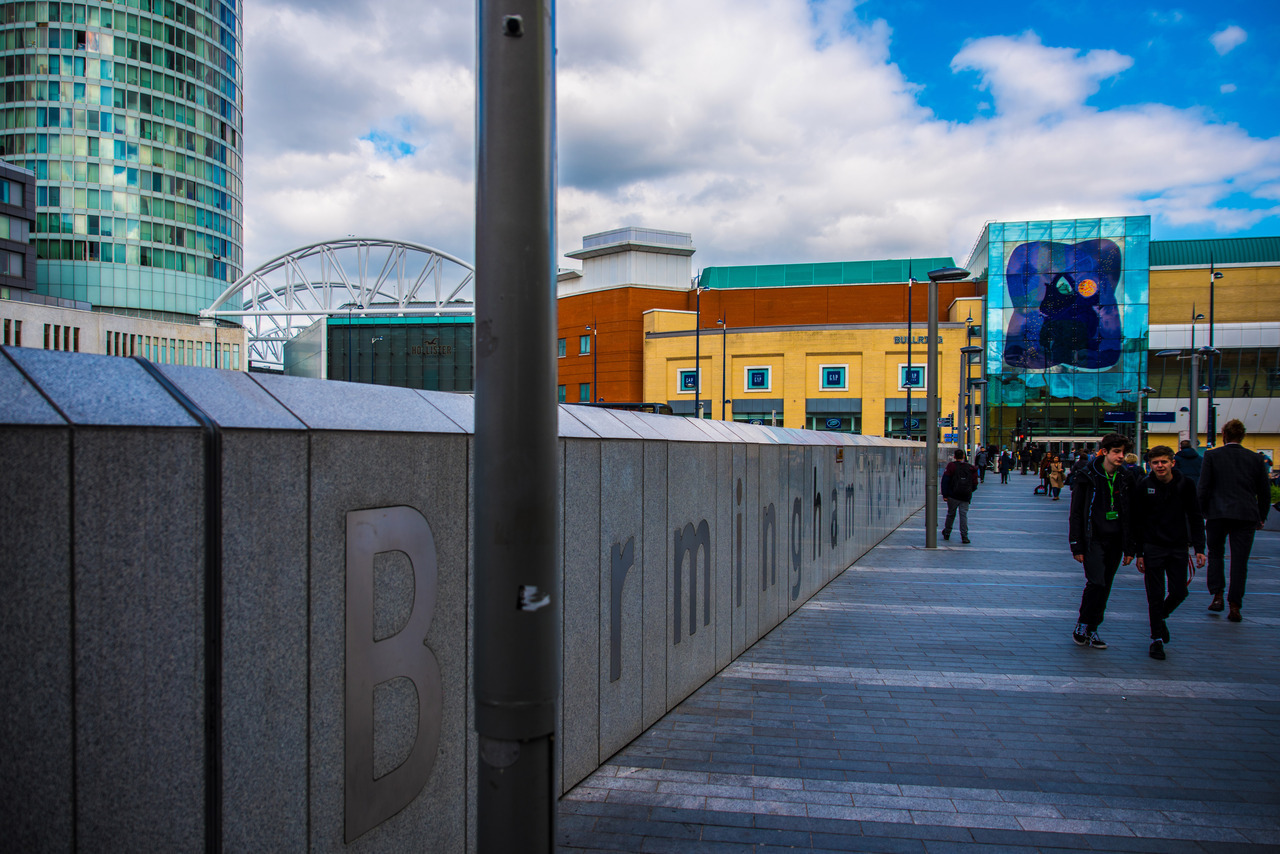
For the past three years, an interdisciplinary (and international) team of geographers, political scientists and urban planners working across the universities of Birmingham and Zurich has been studying Birmingham’s urban development, governance, and social and economic trends from the year 2000 to present. Now, as our research project draws to a close, we have reached some conclusions on the state of the city’s urban and economic development, along with some recommendations for the future.
The full report can be downloaded here.
The report covers topics as diverse as Birmingham’s history, current social and economic issues in the city, urban governance models in the twenty-first century, planning and political science theory, and key challenges facing the city in the future. This is based on an extensive review of the literature and data on Birmingham, along with a series of interviews with urban planners, council officers, a property developer, a housing association and a local city councillor. Briefly, the key thematic areas that emerged in our interviews were as follows:
Interview findings
- A lack of affordable housing in the city is exacerbated by developers
- The importance of HS2 to the city’s development
- Attracting investment is important to the city council, although it is unclear how this benefits all
- There is concern about growing inequality in the city
- Austerity has hit the local authority hard and compounded problems
- Leadership issues in Birmingham City Council
- Negative potential impacts of Brexit upon the city
- The local authority acts as a “conduit” rather than a problem-solver
- Not all decision-making happens in public – personal networks are vital
- Growing interest in co-designed policies
- Established patterns of civic (dis)engagement persist… for now
In response to these findings, we have developed a series of policy recommendations. While some are clearly more ambitious than others, they do hint at the scale of the challenges facing Birmingham in the years ahead.
Recommendations
- Hold developers to account over the affordable housing target
- Lobby for HS2
- Develop mechanisms to deliver inclusive growth
- Create targeted support programmes for the most marginalised communities
- Move towards socially-minded procurement
- Articulate adaptation strategies
- Lobby for a soft Brexit
- Foster a culture of multi-agency working
- Make use of the soft power of the new role of West Midlands Mayor
- Lobby for greater devolution to the city – and encourage it within the city, too
- Learn from the community research model for hard-to-reach communities

The “Democratic Foundations of the Just City” project ran from May 2017 to May 2020. It was funded by the Swiss National Science Foundation as a comparison of urban planning policies and politics Birmingham, Zurich and Lyon – three 2nd cities operating in very different institutional frameworks with more or less autonomy to pursue their own urban planning and development policies.
In a previous blog, I talked about the work we have done in Zurich to interview urban planners, council officers and those working in housing associations in the city. We conducted similar interviews in Birmingham, talking in addition to an elected councillor and a property developer. Our aim was to establish the trends in urban development over the period 2000-2020, and assess to what extent the city meets the model of the “Just City”, described by Susan Fainstein as a city in which:
- Ghettoisation, defined as the involuntary spatial segregation of disadvantaged groups, is avoided.
- The process of gentrification is mitigated, in terms of the process by which working-class areas are transformed through investment into middle-class ones and lower-income citizens are displaced.
- All citizens have access to affordable housing of a decent standard.
A briefing based on the report will also be released shortly. We will also be disseminating findings at events and conferences in Birmingham, Sheffield and Zurich. If you would like further information about the project and our findings, you are welcome to contact me on L.OFarrell@bham.ac.uk.
This blog was written by Liam O’Farrell, Researcher at the University of Iceland and Research Associate of City-REDI, University of Birmingham.
Disclaimer:
The opinions presented here belong to the author rather than the University of Birmingham.
To sign up for our blog mailing list, please click here.

I was able to find good information from your articles.